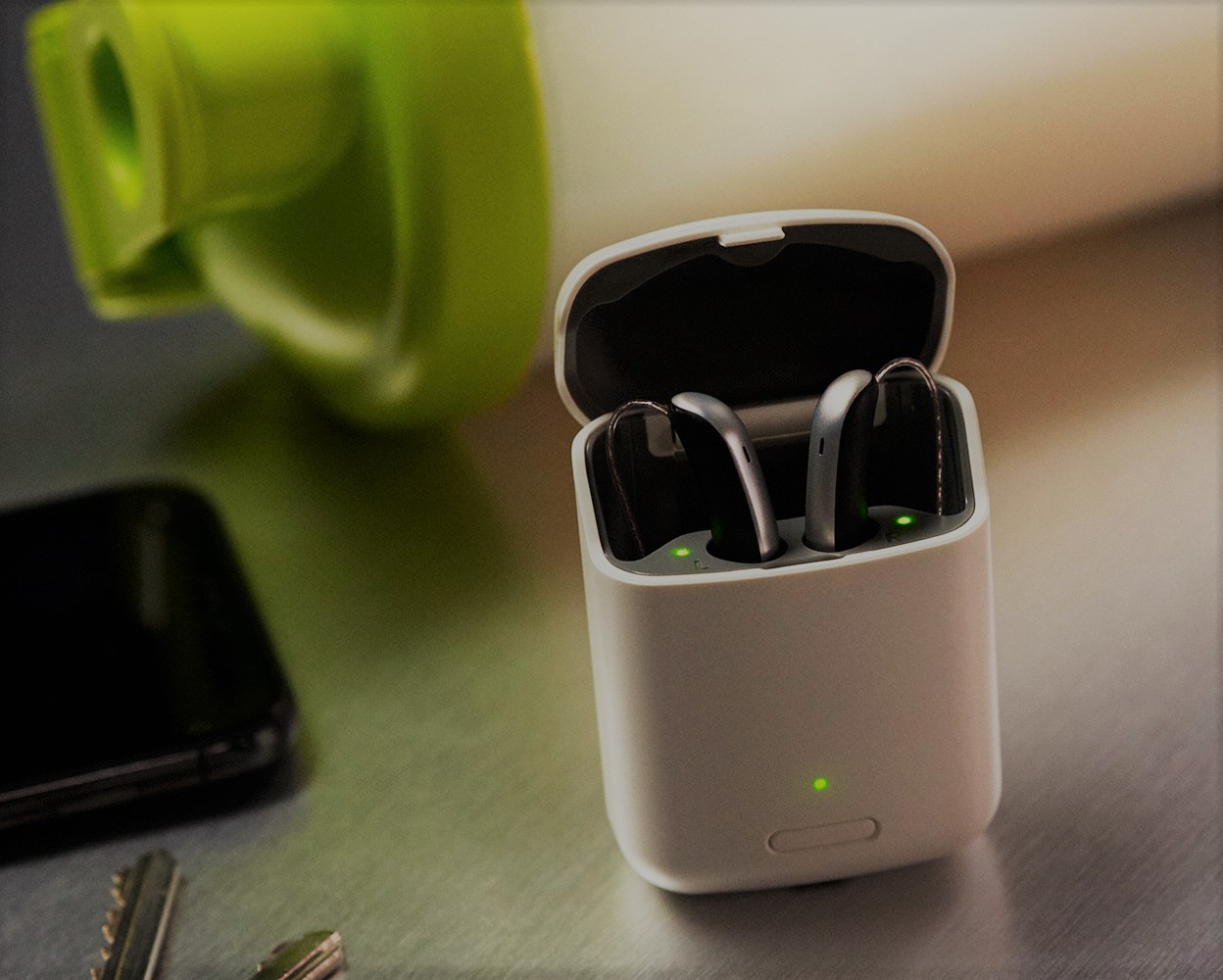Nothing is more frustrating than losing your hearing aids. They are a very expensive piece of technology. Sometimes the tiny devices are easy to misplace. What can you do? Have no fear, we have the solutions.
Firstly, often we will lose hearing aids because battery life has increased. As battery life increases we can successfully keep functioning hearing aids away from our body for a longer period of time. However, since about 2019 we’ve had a very good selection of rechargeable hearing aids.
The rechargeable hearing aids, extremely more convenient, but do require that we charge them every night or two. This provides a natural base station for the hearing aids to rest upon at night. This alone has resulted in about a 50% reduction in lost devices.
Young children and certain disabled adults may also benefit from a lanyard on their hearing aids. These can be easily added to any existing pair.
Finally, the major hearing aid manufacturers do offer warranty solutions for loss. Most hearing aids now are custom fit and custom designed. These customizations are easily digitally stored, and re-creation of your hearing aids is cheaper than ever. Warranties exist and may be useful to you for a small added expe


